Austin’s Communication Station does not just treat one type of child, and we do not use one type of treatment plan. Our therapists develop individualized and holistic treatment plans for each of our clients that promotes the growth not only for the child, but also for the family. We are passionate about involving all care teams (parents, teachers, other care-providers, etc.) to get the full picture of our client’s challenges and create a treatment plan that allows the child to make improvements within therapy sessions as well as in their everyday life.

Sensory processing allows a child to respond to different sensory information (sound, vison, touch, taste, smell, spatial, and internal sensations/interoceptive) in their immediate environment. This will affect their ability to behave in meaningful and consistent ways. Children that experience sensory processing difficulties may avoid participation in childhood experiences or show inconsistency in engaging with sensory […]
Read More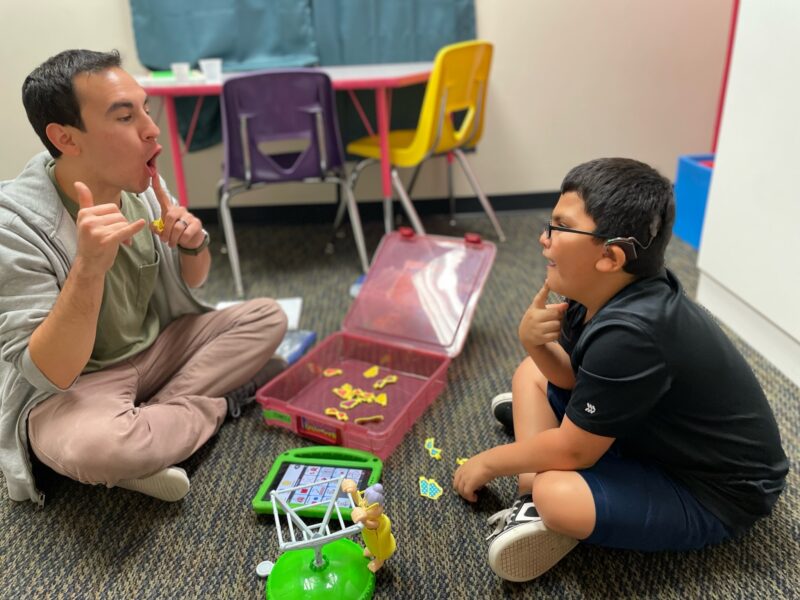
Speech therapy isn’t just about how children say sounds or pronunciation! Communication is crucial for development across all areas.
Read More
A child’s “occupation” is the daily activities they are expected to participate in and to develop the skills that will help them succeed later in life, including motor, self-care, and social skills.
Read More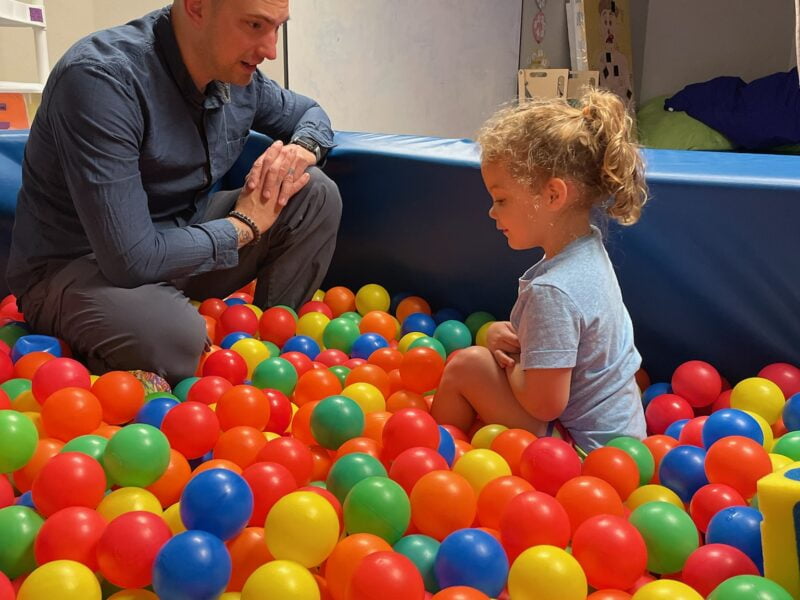
Speech Therapy is not limited to targeting pronunciation and learning how to speak properly – it’s about communication in all forms!
Read More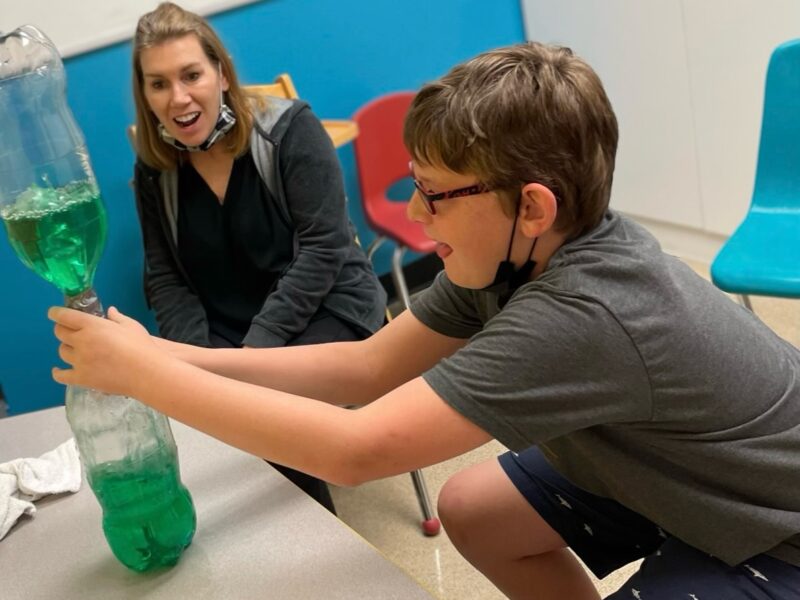
Executive Functioning is an incredibly important set of skills all of us use every single day.
Read More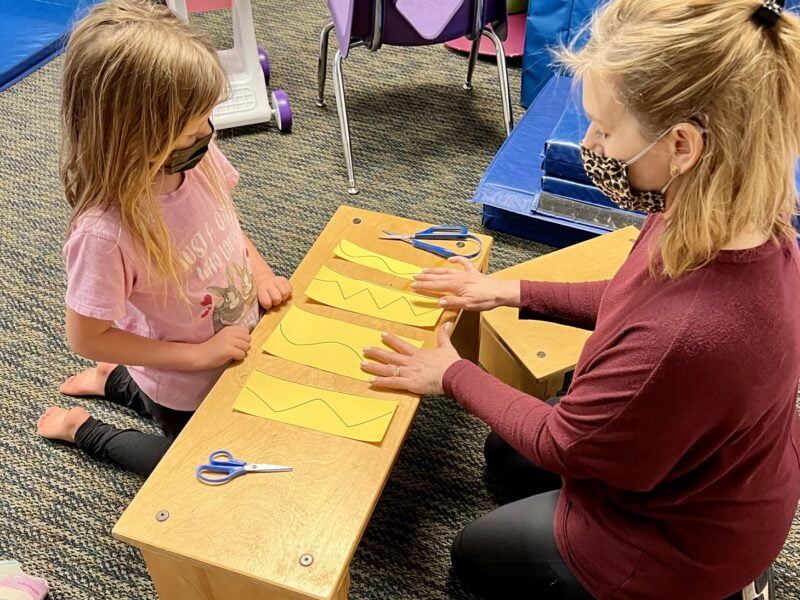
We begin our assessment process with a detailed background questionnaire, record review from all other information you provide, and questionnaires completed by caregivers that are completed prior to the initial evaluation.
Read More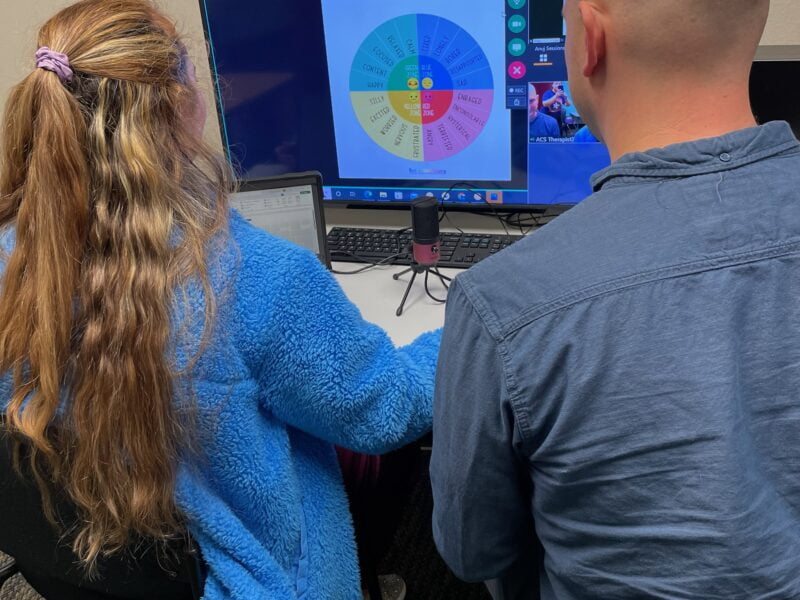
The speech and occupational therapists at Austin’s Communication Station provide tools and strategies to help children succeed based on what they observe here in sessions but practicing at home is just as important as the sessions themselves.
Read More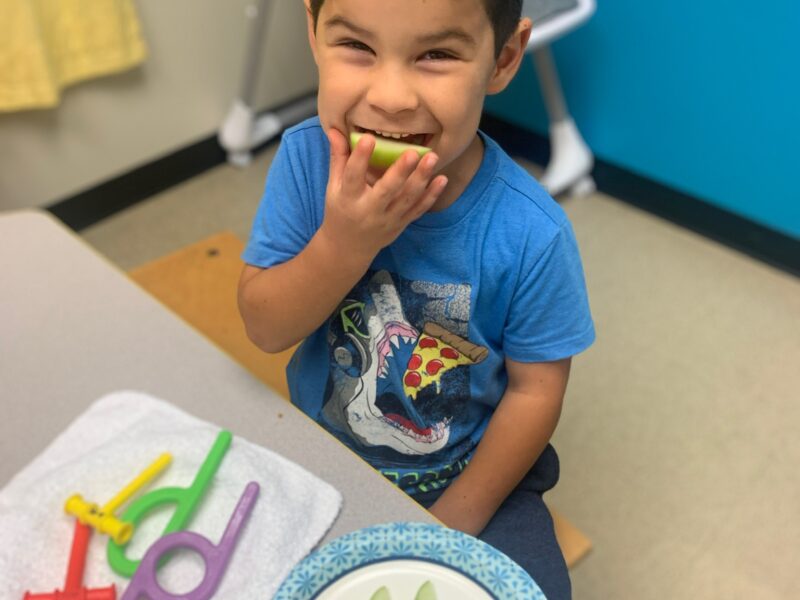
If your child only eats certain foods or dislikes trying new foods he/she may be considered a picky eater.
Read More
It is a long established fact that a reader will be distracted by the readable content of a page when.
Read More